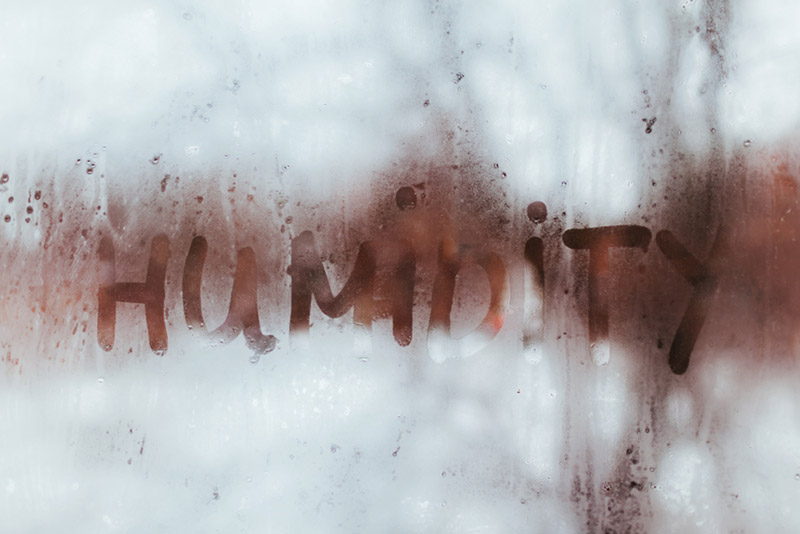Humidity is an important factor to good indoor air quality. But, finding the perfect balance isn’t always easy. Knowing how to spot the difference between too much and too little humidity can help. Create a more comfortable home environment.
The effects of too much or too little humidity can cause a large range of issues. From health issues to HVAC system damage, anything can happen. Balancing your home’s humidity level will ensure clean, safe air all year.
How Humid Should It Be in My House?
The ideal indoor humidity level varies depending on the time of year. As the temperature outside changes, the humidity level in your home also changes. Relative humidity refers to the right level of water vapor in the air.
The optimal relative humidity level in a house is 45 percent. You can check this by using a device called a hygrometer. Like a thermostat, you can use hygrometers throughout the year. They gauge the humidity levels in your home and make any needed adjustments.
An HVAC professional can also measure the relative humidity if you think it’s off.
Signs of Low Humidity
Too much moisture in the air can lead to mold growth, bacteria and airborne illnesses. If your house’s humidity levels are too high, the family could have health symptoms. Dry eyes and skin, a runny nose, more colds and viral infections and lung and sinus irritation are the main ones.
Wood floors and furniture may begin to warp. Wallpaper or paint may start to peel or flake off the walls. With too little humidity, your internal body temperature drops. This can cause you to feel cold even when the heat is on high.
Signs of High Humidity
A house that is too humid will have air that is wet and sticky. It a feeling you often associate with summer. Unlike dry heat, humidity with a high temperature creates an uncomfortable, damp environment. This can lead to musty smells, condensation and water pooling near windows.
Beware: Houses with high humidity levels are ideal for mold and mildew. Even worse, these fungi can start to grow in HVAC ducts. Their microscopic spores go into the vents every time you run your system.
Improve Your Indoor Air Quality With the Right Maintenance
Contact Thornton Heating and Cooling today. Schedule an appointment with a licensed HVAC professional. We can help you find the causes of poor air quality in your home, including too high or too low humidity. We will come up with fast and effective solutions.

